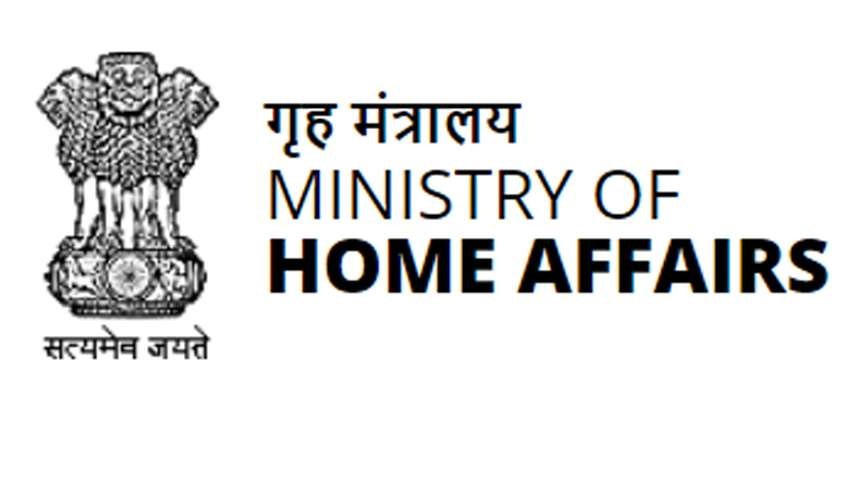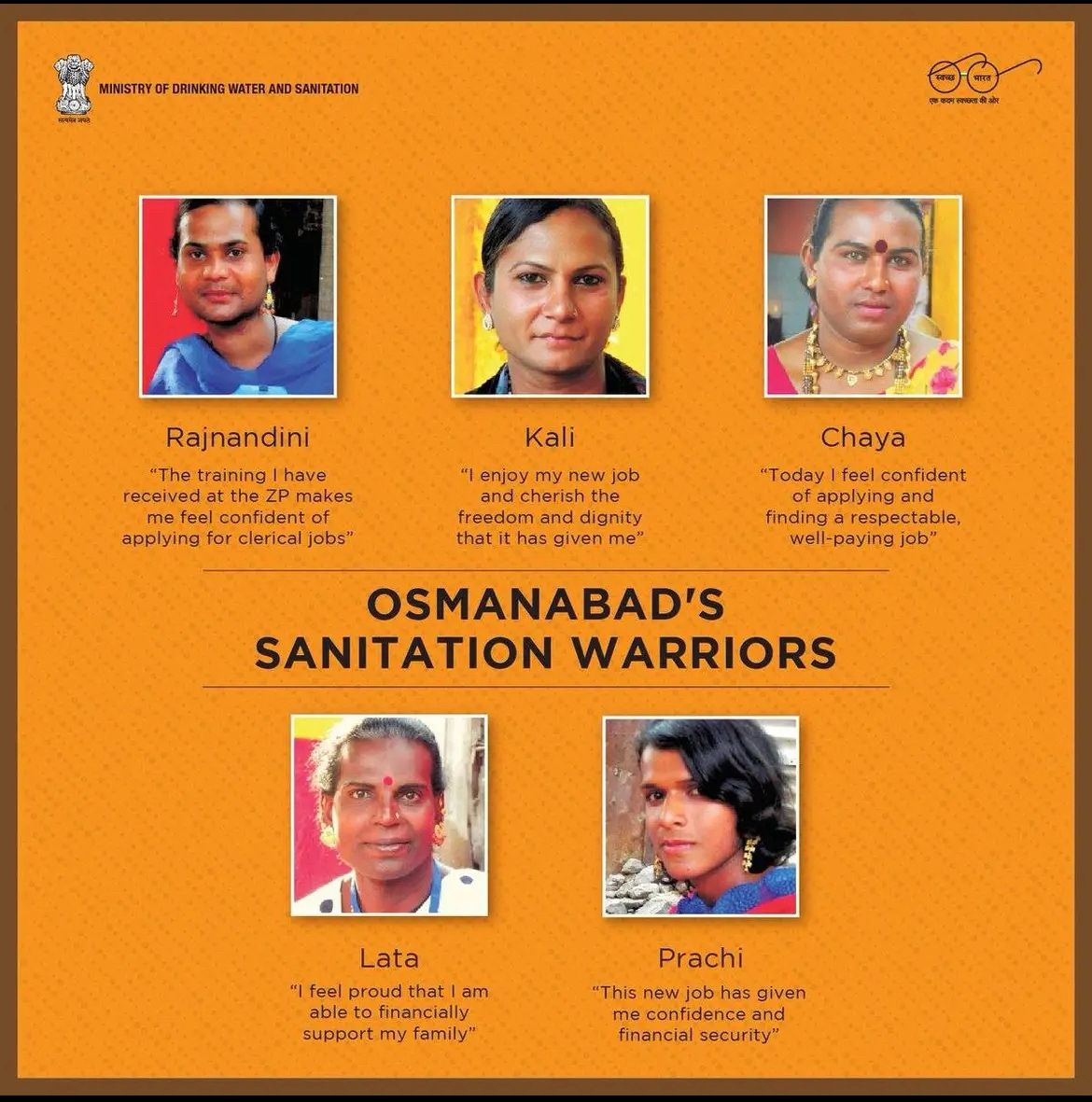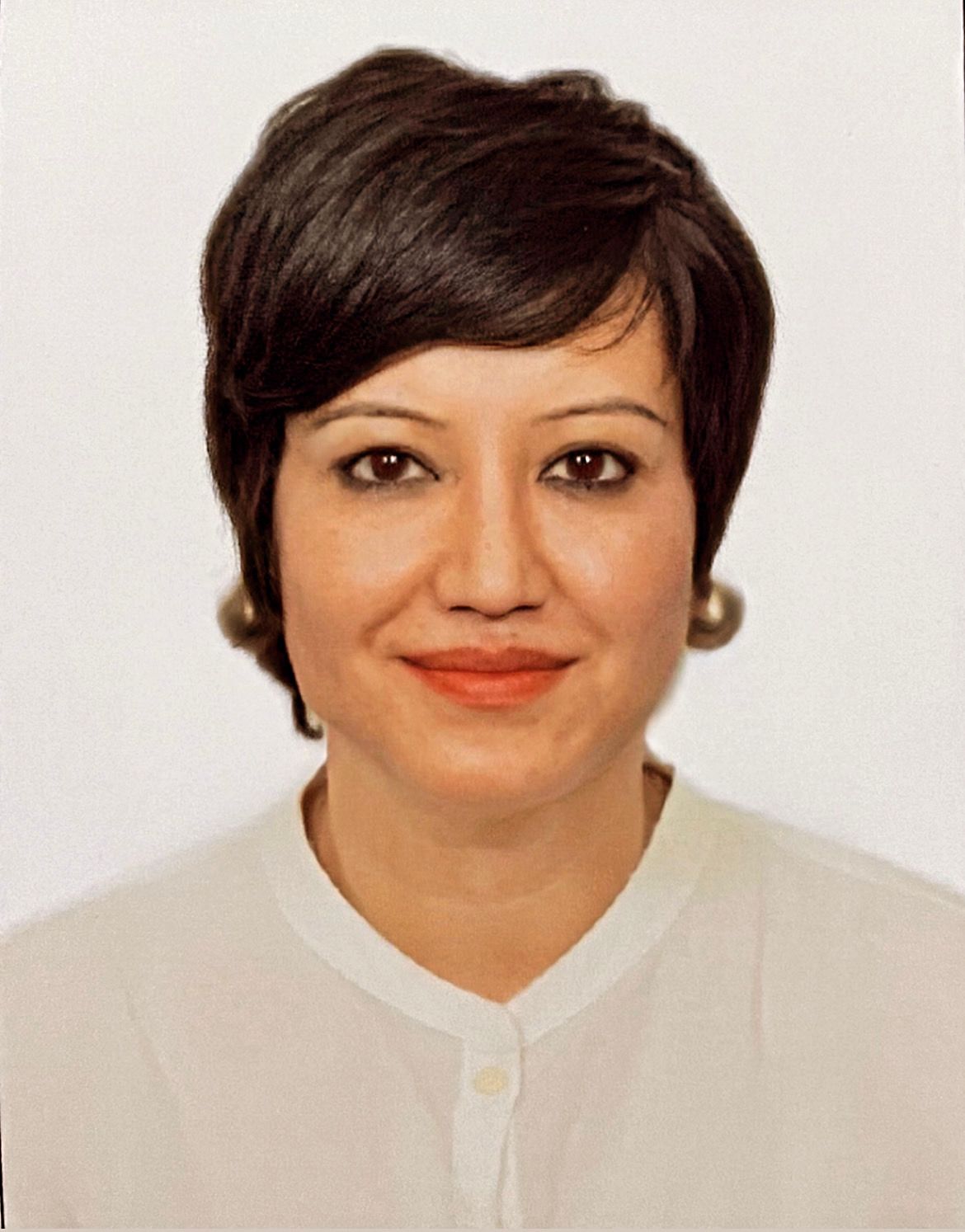New Home Ministry Policy Addresses Shortage of IPS Officers in the CBI
Author: BI Bureau

NewDelhi: In a significant move to alleviate the long-standing issue of understaffing in the Central Bureau of Investigation (CBI), the Union Home Ministry has updated its tenure policy for central deputation. This change is expected to enable the CBI to tackle its staffing shortage by making eligible officers with a minimum of five years' service for induction into the agency. Previously, officers with a similar service requirement were eligible for induction in the Research and Analysis Wing (R&AW), Intelligence Bureau (IB), and the National Investigation Agency (NIA) but were excluded from joining the CBI.
The shortage of Indian Police Service (IPS) officers within the CBI has been a cause for concern, particularly at the Superintendent of Police (SP) level, where the agency had a vacancy of 42 IPS officers against 73 sanctioned posts as of the latest Ministry of Home Affairs (MHA) data. This dearth of IPS officers at this crucial level has impeded the functioning of the CBI, which handles high-profile cases that require the expertise and experience of seasoned officers.
The recent policy update also extends to the Intelligence Bureau (IB), where the ranks of Inspector General (IG), Additional Director General (ADG), and Director General (DG) have been added to bolster the agency's strength. Previously, the strength of 'hardcore' officers in the IB was limited to SP and Deputy Inspector General (DIG) ranks. The new policy dictates that the 'hardcore' officers in the IB must not exceed 50% of the total posts in the ranks of SP, DIG, IG, ADG, Special DG, and DG, which should be filled by IPS officers.
Moreover, if a 'hardcore' officer from the IB moves to the Research and Analysis Wing (R&AW) through a lateral shift, they will be considered a 'Permanently Seconded' officer of R&AW for the duration spent in the organization. This change will enable officers to serve more flexibly and contribute their expertise to different agencies while maintaining their career trajectory.
To further streamline this process, the new policy takes into account the combined period spent by an officer in the IB and R&AW for purposes of counting the minimum period required for promotion and deployment.
The updated policy reflects the changing dynamics of empanelment for senior IPS officers. Each state cadre of the IPS now provides a central deputation quota, which necessitates additional recruitment to ensure a steady supply of trained and experienced officers for service in the central government.
However, it's crucial to note that no post filled by an IPS officer on deputation can be considered a cadre post of their parent state. Similarly, individual members of the IPS cannot claim any inherent right to appointments within the Government of India.
The Union Home Ministry's latest policy revisions are poised to bring relief to the CBI's staffing issues, empowering it to address critical cases more efficiently. By extending the eligibility criteria for induction into the CBI and modifying the structure of the Intelligence Bureau, the government has taken a significant step toward improving the effectiveness and functionality of these critical agencies. /BI/



